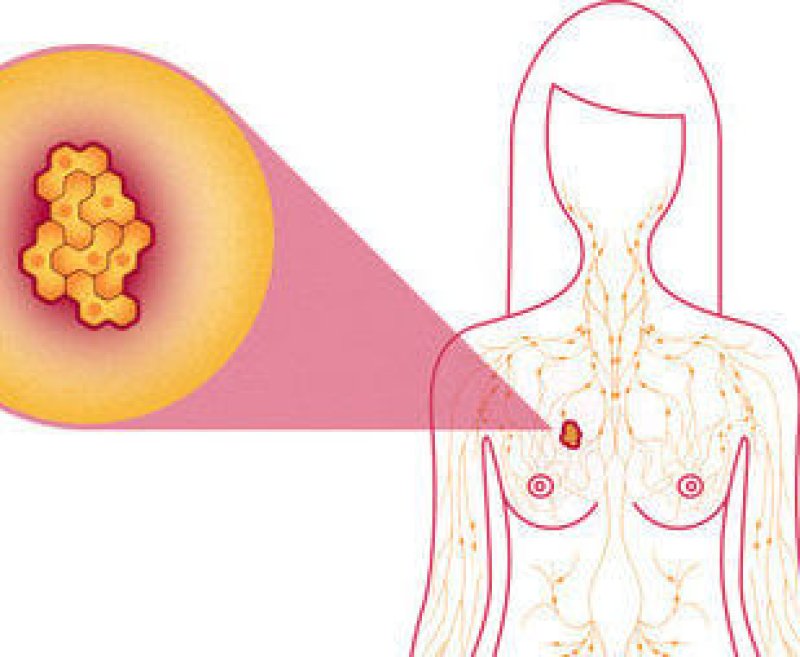An international team of researchers involving the University of Adelaide is tackling the controversy over what some scientists consider to be a “harmful” hormone….
The controversy centres on the different effects in women of the naturally occurring sex steroid hormone progesterone compared with synthetic forms (i.e. progestins) designed to mimic its actions.
Some, but not all, progestins have been linked with increased breast cancer risk when used in menopausal hormone therapy….
However, in a paper now published online ahead of print in the prestigious journal Nature Reviews Cancer…highlights that progesterone when used in menopausal hormone therapy does not increase breast cancer risk. Indeed, progesterone may have an important role to play in the safe and effective management of recurring breast cancer.
…
“Unfortunately, there are some serious misconceptions about the role of progesterone in cancer biology that have so far prevented it from being widely used in the management of breast cancer. We hope to change that thinking,” Professor [Wayne] Tilley[, scientist at the University of Adelaide, and a lead author of the paper,] says.
The team…believes this new paper will have a global impact on clinical, scientific and public opinion on the relative risks and benefits of using progesterone and certain progestins to treat women with breast cancer. “Ultimately, we hope this work will eventually result in saving women’s lives,” Professor Tilley says….
The GLP aggregated and excerpted this blog/article to reflect the diversity of news, opinion, and analysis. Read full, original post: Breast cancer patients could benefit from controversial hormone































